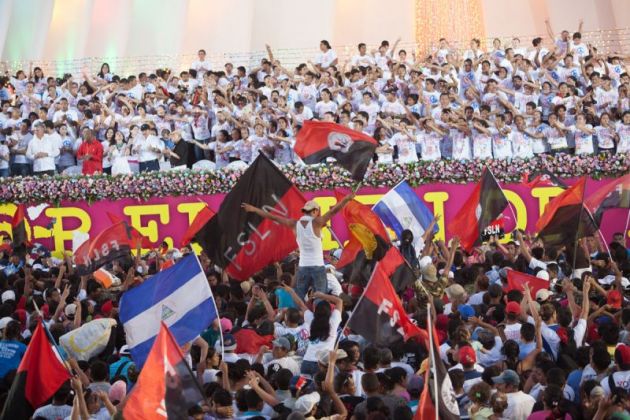'Cease State violence and protect the people,' WCC tells Nicaragua

The alarming number of government-alleged civilian casualties in Nicaragua raises "deep concern for the weakening of human rights and the fragility of the state of law," says World Council of Churches general secretary Rev. Olav Fykse Tveit.
He issued a statement on July 19 condemning excessive force by the paramilitary and the State, apparently aimed to "restore order" in the country since mid-April.
That was when widespread protests against the government of president Daniel Ortega took off, and they have already led to the deaths of more than 300 people dead and 1,830 being injured in three months.
"We call on the government of President Daniel Ortega to cease the appalling violence and to protect the population," said Tveit, who also described the current State repression level as "unacceptable".
Those who publicly oppose the government's tactics are also at risk, such as the rector of the Universidad Centroamericana de Nicaragua, Fr José Alberto Idiázquez, who has been a strong advocate for human rights and democracy, said the WCC.
On July 17, the Office of the United Nations High Commissioner for Human Rights also raised concerns that Nicaragua's new anti-terrorism law could be used to criminalize protesters.
"The text is very vague and allows a broad interpretation that could lead to the inclusion of people who are simply exercising their right to protest," UN spokesperson Rupert Colville had said at a briefing for journalists.
And in a statement on June 6, the ACT Alliance Nicaragua Forum called on the government of Nicaragua "to take seriously and responsibly the recommendations of the Inter-American Commission on Human Rights.
ACT said this was in the sense of ceasing repression and arbitrary arrests, and it called for respecting the right to peaceful protest.
Nicaragua should admit entry to the country of the United Nations High Command for the rapporteur of Human Rights "that guarantees the right to truth and justice."